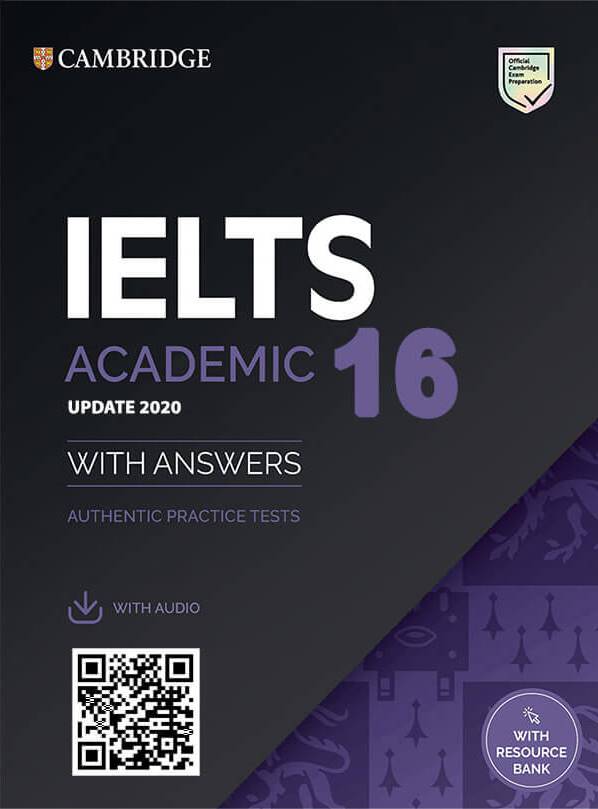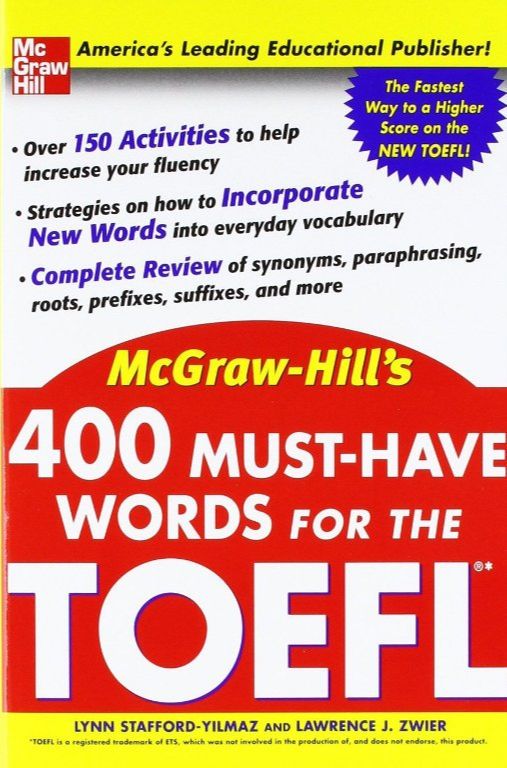
IELTS consists of four components. All candidates take the same Listening and Speaking tests. There is a choice of Reading and Writing tests according to whether a candidate is taking the Academic or General Training module.
Listening
This test consists of four parts, each with ten questions. The first two parts are concerned with social needs. The first part is a conversation between two speakers and the second part is a monologue.
The final two parts are concerned with situations related to educational or training contexts. The third part is a conversation between up to four people and the fourth part is a monologue. A variety of question types is used, including: multiple choice, matching, plan/map/ diagram labelling, form completion, note completion, table completion, flowchart completion, summary completion, sentence completion and short-answer questions.
Candidates hear the recording once only and answer the questions as they listen. Ten minutes are allowed at the end for candidates to transfer their answers to the answer sheet.
Reading
This test consists of three sections with 40 questions. There are three texts, which are taken from journals, books, magazines and newspapers. The texts are on topics of general interest. At least one text contains detailed logical argument.
A variety of question types is used, including: multiple choice, identifying information (True/False/Not Given), identifying the writer’s views/claims (Yes/No/Not Given), matching information, matching headings, matching features, matching sentence endings, sentence completion, summary completion, note completion, table completion, flowchart completion,
diagram-label completion and short-answer questions.
Writing
This test consists of two tasks. It is suggested that candidates spend about 20 minutes on Task 1, which requires them to write at least 150 words, and 40 minutes on Task 2, which requires them to write at least 250 words. Task 2 contributes twice as much as Task 1 to the Writing score.
Task 1 requires candidates to look at a diagram or some data (in a graph, table or chart) and to present the information in their own words. They are assessed on their ability to organise, present and possibly compare data, and are required to describe the stages of a process, describe an object or event, or explain how something works.
In Task 2, candidates are presented with a point of view, argument or problem. They are assessed on their ability to present a solution to the problem, present and justify an opinion, compare and contrast evidence and opinions, and to evaluate and challenge ideas, evidence or arguments.
Candidates are also assessed on their ability to write in an appropriate style. More information on assessing the Writing test, including Writing assessment criteria (public version), is available at ielts.org.
Speaking
This test takes between 11 and 14 minutes and is conducted by a trained examiner.
There are three parts:
Part 1
The candidate and the examiner introduce themselves. Candidates then answer general questions about themselves, their home/family, their job/studies, their interests and a wide range of similar familiar topic areas. This part lasts between four and five minutes.
Part 2
The candidate is given a task card with prompts and is asked to talk on a particular topic. The candidate has one minute to prepare and they can make some notes if they wish, before speaking for between one and two minutes. The examiner then asks one or two questions on the same topic.
Part 3
The examiner and the candidate engage in a discussion of more abstract issues which are thematically linked to the topic in Part 2. The discussion lasts between four and five minutes. The Speaking test assesses whether candidates can communicate effectively in English. The assessment takes into account Fluency and Coherence, Lexical Resource, Grammatical Range and Accuracy, and Pronunciation. More information on assessing the Speaking test, including Speaking assessment criteria (public version), is available at ielts.org.



























































Leave a comment
Load more